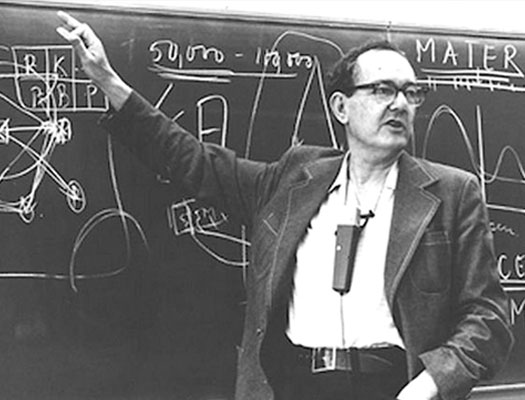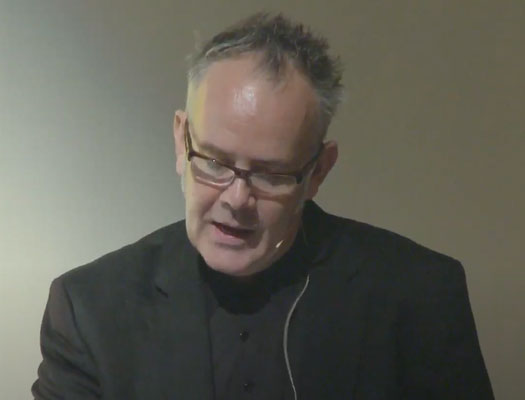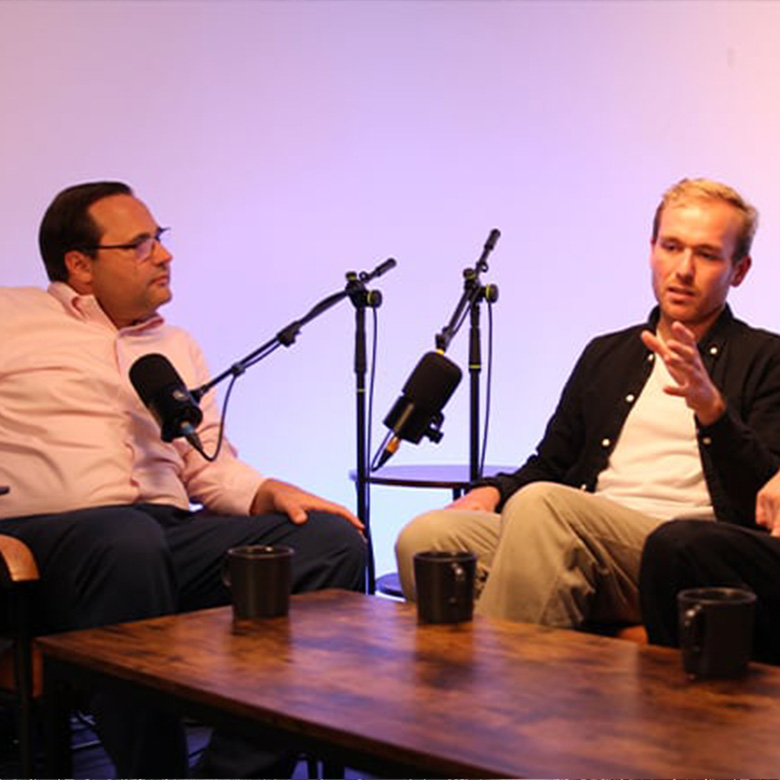Episode Highlights
False Consensus Effect
The false consensus effect is a cognitive bias that leads individuals to overestimate the extent to which their beliefs, preferences, or behaviors are shared by others. People tend to believe that their own opinions and actions are more typical or common than they really are.
Peer Pressure
The U.K government put together The Behavioural Insights Team in 2010 to use behavioral science to influence to make public policies more effective. One experiment helped increase the number of U.K. residents that paid their taxes on time by sending out letters that used peer pressure tactics. This mainly focused on messages that said things like, “nine out of ten people pay their tax on time. You are in the minority that does not pay their tax on time.”
Loss Aversion
People often feel the pain of losing something more strongly than the pleasure of gaining something of equal value. For example, many people will be more upset about losing $10 than happy about finding $10.
Resources & Useful Links
Want to dig deeper on the idea of social proof and the intention of actions gap? Here are some
additional resources that show how to make your brand more popular with consumers and the
importance of combining motivation with triggers to convert intention into action.








